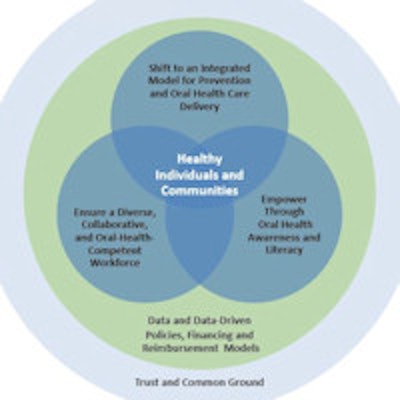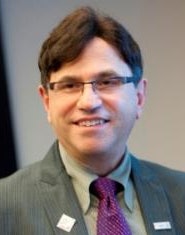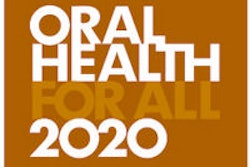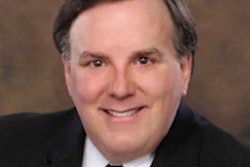
In 2000, the U.S. Surgeon General called dental disease a "silent epidemic" that affected vulnerable populations most. Fourteen years later, many of these same issues remain, as dental disease remains the most common chronic illness in children with about 52 million school hours lost -- and more than three times that number of adult work hours lost.
To begin to develop answers to the questions of what might be done in both the short and the long term, and to work improve oral healthcare delivery to underserved populations, more than 700 dental professionals from throughout the U.S. met at the recent National Oral Health Conference in Fort Worth, TX.
At the conference, leadership from the National Oral Health Alliance presented a framework for action, called the Emerging Framework for Action, that aims to reduce the rate of dental disease among U.S. adults and children by ensuring all communities, especially those with vulnerable populations, have access to care and prevention.
 The National Oral Health Alliance presented its Emerging Framework for Action at the recent National Oral Health Conference. Image courtesy of National Oral Health Alliance.
The National Oral Health Alliance presented its Emerging Framework for Action at the recent National Oral Health Conference. Image courtesy of National Oral Health Alliance.The more oral health advocates are able to use common language in their efforts to increase access to care, the more effective they will be in investing resources in ways that are complementary with one another to have the greatest impact, according to the alliance.
The newly released framework represents the input of more than 500 people across multiple disciplines, said Ralph Fuccillo, president of the DentaQuest Foundation and a founding board member of the alliance, in a press release.
 Michael Monopoli, DMD.
Michael Monopoli, DMD.
"Recognizing that many people still do not have access to oral health benefits today, alliance partners continue to address this question: 'What are we going to do in the short and in the long term both individually and collectively, to assure optimal oral health through prevention and treatment for underserved people?' " he said.
DrBicuspid.com spoke with Michael Monopoli, DMD, of the DentaQuest Foundation about the goals of the alliance and how this framework will affect dentists in both urban and rural communities. Dr. Monopoli served as an advisor to the alliance in his role as director of policy and programs for the foundation. He presented a poster of the alliance's Emerging Framework for Action.
Those involved are working toward developing specific strategies on how to move forward, he said.
"We want to move forward with data-driven policies and financing that supports these policies," Dr. Monopoli told DrBicuspid.com. "We also want to reduce any fragmentation or issues that are keeping us from realizing oral health for everyone."
A common set of messages has been developed during a series of seven colloquia held over the last three years, he said. At the most recent one, the goal was to develop a common set of messages and also an understanding of how issues could be addressed.
“We have to decide whether we are willing to accept what happens or to be a part of the change.”
"We want to move from common ground to action," he said.
The alliance's goal is to " strengthen the care delivery system, both for those who need and receive care and for providers," Dr. Monopoli said.
When he talks with dentists on the front lines of treatment, he emphasizes that this is an opportunity for all practitioners to become involved and focus on improving care and outcomes.
"Whether we are willing to accept it or not, the delivery system is changing in profound ways," Dr. Monopoli said. "Large parts of the population are changing the ways that they seek care and a new focus on quality, outcomes, and coordinated care will change the way that we will be reimbursed. We have to decide whether we are willing to accept what happens or to be a part of the change."



















